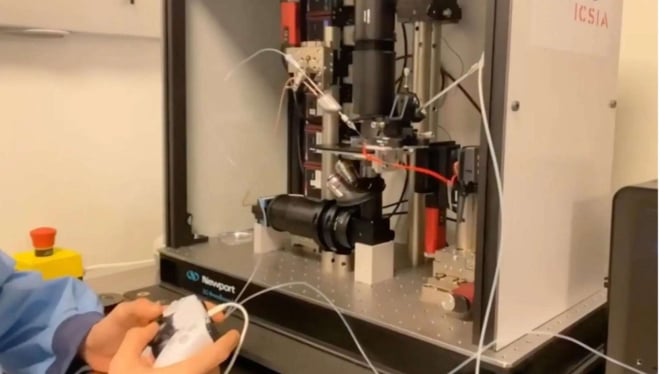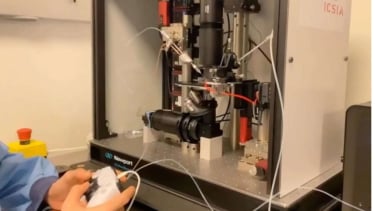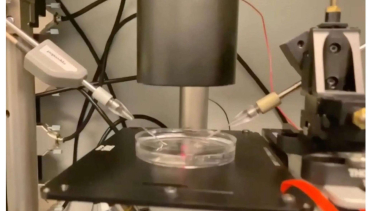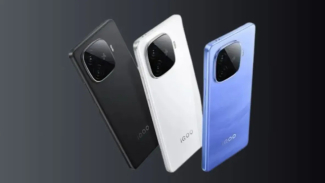The First Babies Born from Sperm Robot, Marks Fertility Breakthrough
- New York Post
VIVA – The first babies ever made with a sperm-injecting robot reportedly were born healthy, marking a breakthrough in fertility treatment.
The procedure was carried out at the New Hope Fertility Center in New York City using a remote-controlled needle and a camera to insert sperm cells into eggs.
The technology could potentially reduce the cost of in-vitro fertilization (IVF) by eliminating the need for highly-paid embryologists.
The company has filed a patent application for a “biochip” for IVF labs, which features hidden reservoirs containing growth fluids and channels for sperm to swim through.
However, some experts are skeptical that robotics will reduce costs or increase pregnancy rates, as they do not solve the issue of aging eggs, which is a major reason fertility treatments fail.
Despite this, many fertility specialists agree that IVF robots are inevitable in the future.
Cumulatively, the robot successfully fertilized more than a dozen eggs that developed into healthy embryos and have now been born as two baby girls with scientists claiming them to be the first babies born after fertilization by a "robot" or also dubbed "robot sperm".
"I was calm. Right at that moment, I thought, 'It's just one more experiment,'" said Eduard Alba, the mechanical engineering student who led the sperm injection device.
"It's wild, isn't it?" said one of the baby's fathers, who asked not to be named. "Until now it has always been done manually," he added.
The fertility breakthrough involves using remote-controlled needles and cameras to penetrate eggs in petri dishes, potentially eliminating the need for high-priced embryologists, according to the report.
The technology could one day eliminate the need for patients to visit fertility clinics, where a single attempt to conceive can cost US$20,000 in the US, said Santiago Munné, chief geneticist of Spanish company Overture Life, which developed the sperm robot.
"(IVF) should be cheaper. And if there are doctors who can do it, then it will happen," Munné said.
He believes the fertilization process could one day be automated and performed by a gynecologist, but he did not specify how many eggs would be implanted and retrieved in that setting.
The technology and robot have been developed by a startup company called Overture Life that has raised nearly US$37 million from investors, including Khosla Ventures and Susan Wojcicki, former CEO of YouTube.
Overture Life has filed a patent application describing a "biochip" for IVF labs featuring a hidden reservoir containing growth fluid, and a small channel for sperm to swim in, and other companies are also jumping on the bandwagon.
At least half a dozen other startups have similar goals including AutoIVF, IVF 2.0, Conceivable Life Sciences, which aims to enter the US$25 billion IVF industry.
Teknologi bayi yang lahir dari sperma dikendalikan oleh robot
- New York Post
Alan Murray, co-founder of Conceivable Life, estimates the cost of an IVF baby to average US$83,000 in the United States, taking into account failed attempts, expensive fertility drugs, and medical procedures that are largely not covered by healthcare.
The company's goal is to lower the cost 70% by increasing success rates and reducing the price of the procedure with the help of robotics.
Every year, about 500,000 babies are born through IVF worldwide, but most people who need help having a child cannot afford it or do not have access to fertility drugs.
But some fertility experts are skeptical that robotics will lower costs, given that they don't solve the problem of egg aging which is usually the main reason fertility treatments fail.
In the case of the first baby made with robot sperm, donor eggs were provided to the patient for free and implanted into the mother's womb after high-tech fertilization.





























